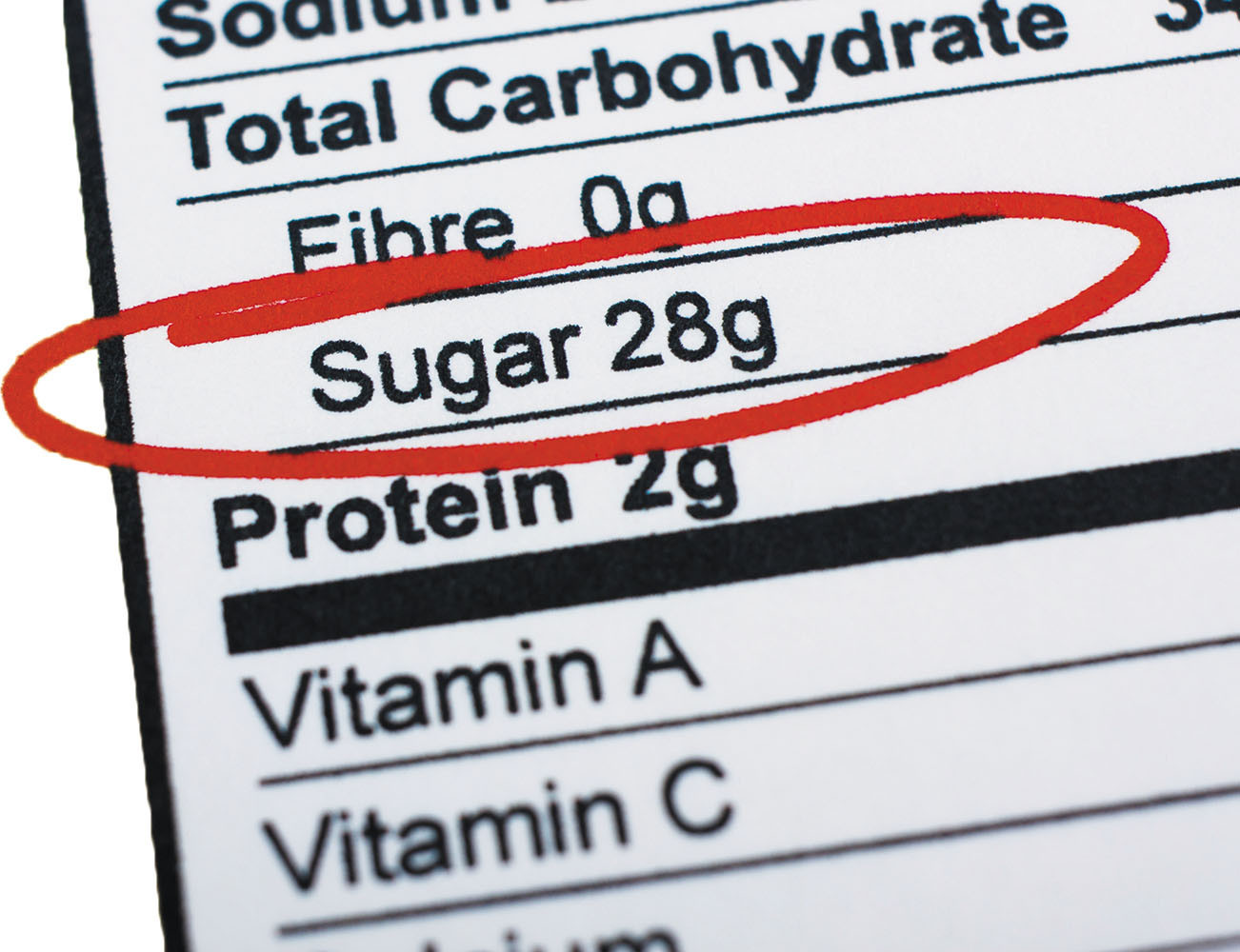
Zinc: What it does for the body, and the best food sources

Respiratory health harms often follow flooding: Taking these steps can help

Tips to leverage neuroplasticity to maintain cognitive fitness as you age

Can white noise really help you sleep better?

Celiac disease: Exploring four myths

What is prostatitis and how is it treated?

What is Cushing syndrome?

Exercises to relieve joint pain

Think your child has ADHD? What your pediatrician can do

Foam roller: Could you benefit from this massage tool?
Diet & Weight Loss Archive
Articles
Recommendation calls for earlier diabetes screening in people who are overweight
According to a new recommendation from the US Preventive Services Task force, diabetes screening should begin age 35 for people who are overweight, defined as a body mass index (BMI) of 25 or greater.
Nationwide sugar reductions projected to save health and lives
Going to sleep late at night associated with obesity, big bellies
Live long and prosper
Do BMI numbers add up?
Normal weight, but big belly? That raises heart disease risk
7 strategies to prevent cancer
Reducing heart risks in the wake of breast cancer treatment

Zinc: What it does for the body, and the best food sources

Respiratory health harms often follow flooding: Taking these steps can help

Tips to leverage neuroplasticity to maintain cognitive fitness as you age

Can white noise really help you sleep better?

Celiac disease: Exploring four myths

What is prostatitis and how is it treated?

What is Cushing syndrome?

Exercises to relieve joint pain

Think your child has ADHD? What your pediatrician can do

Foam roller: Could you benefit from this massage tool?
Free Healthbeat Signup
Get the latest in health news delivered to your inbox!
Sign Up











